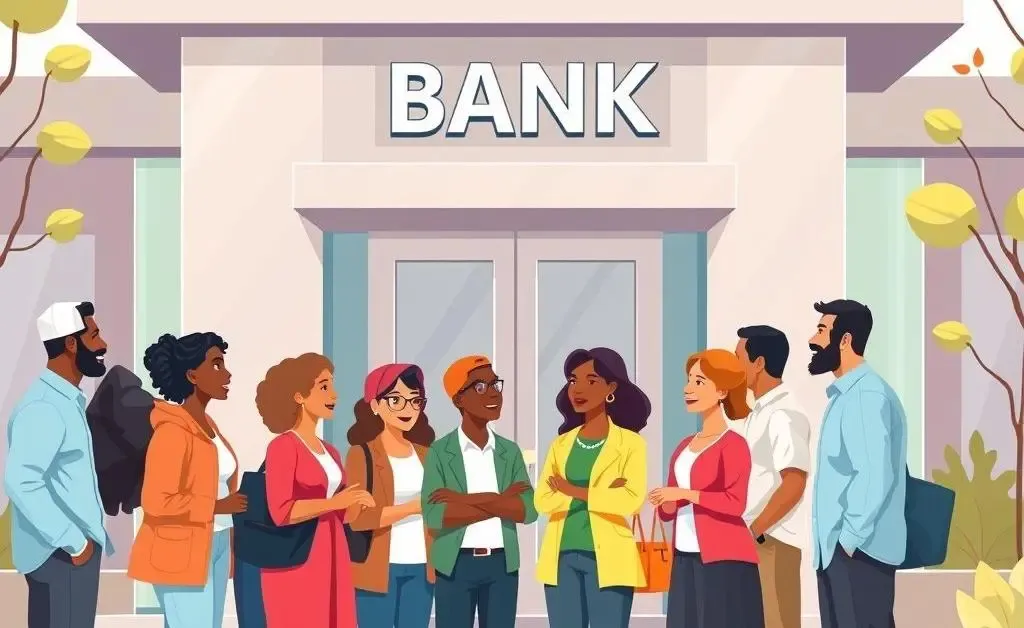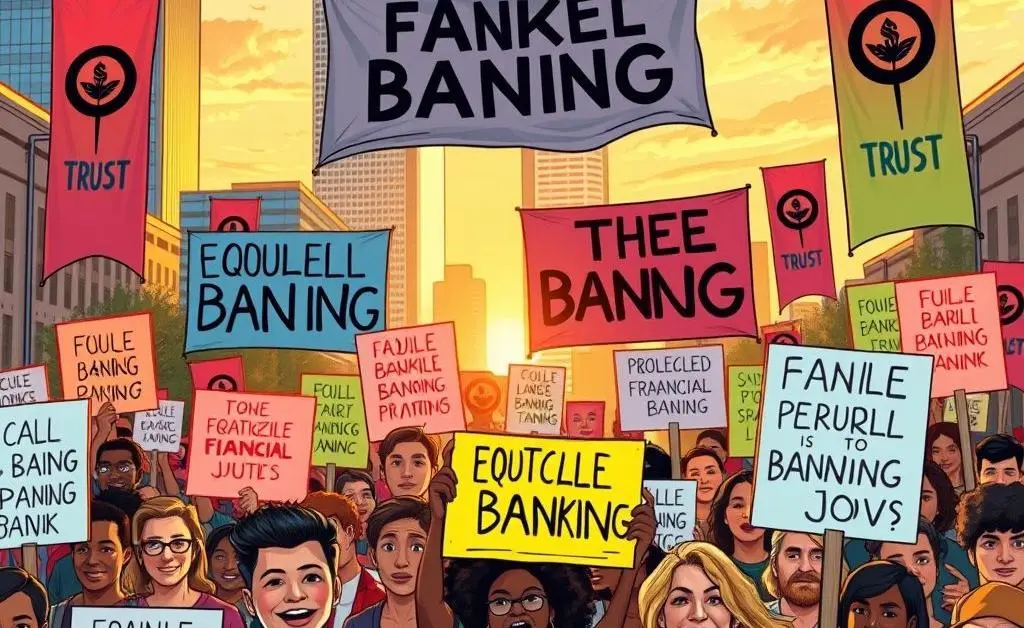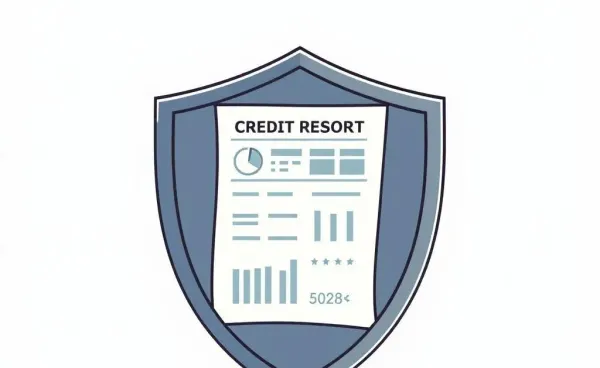Understanding Financial Discrimination: Protecting Your Interests
Explore financial discrimination, its impact on individuals, and ways to protect against it.

Have you ever felt marginalized by financial institutions because of your beliefs or demographics? If so, you’re not alone. Financial discrimination is a growing concern, affecting the opportunities and experiences of many bank users across the globe.
What is Financial Discrimination?
Simply put, financial discrimination happens when a bank or financial institution treats you unfairly based on non-financial factors like your political beliefs, race, gender, or religion. Imagine heading to your bank, looking to secure a loan, but your application is denied not because of your credit score, but because of your personal beliefs. Sounds outrageous, doesn't it?

Why Does It Matter?
The implications of financial discrimination can be vast. It not only inhibits financial growth and stability but can also lead to a lack of trust in financial systems. Access to banking services like loans or credit cards should be based purely on one’s financial health, not personal characteristics or opinions.
Types of Financial Discrimination
- Political Discrimination: Some individuals believe they’re denied services based on their political party affiliation or public political statements.
- Racial and Gender Discrimination: Historical biases still affect access and the quality of financial services available to minorities and women.
- Religious Discrimination: Beliefs or appearances that showcase religious affiliations might unjustly affect the services one receives.

What Can Be Done?
You might be wondering how you can protect yourself from such unfair practices. Here are some practical steps:
- Stay Informed: Regularly review bank policies and stay updated with your rights as a consumer.
- Document Everything: Keep thorough records of your interactions with financial institutions. This can be crucial if you need to file a complaint.
- Advocate for Change: Use your voice. Join forums or groups that push for fair banking practices. Together, collective voices can institute change.
- Seek Legal Advice: If you believe you are a victim of discrimination, consult with a legal expert specializing in financial ethics.

What’s Next?
As conversations around financial discrimination continue to rise, it’s essential for all of us to recognize its impacts and work collectively toward fair treatment by financial institutions. Have you experienced financial discrimination, or taken steps to protect yourself? Share your thoughts and experiences; let's continue this vital conversation.




